There will always be some drug-using employees and job applicants who will try to cheat their drug tests by attempting to find ways to generate a favorable test result. There is an endless supply of products for purchase as well as Internet forums and resources with pseudoscientific advice to help drug users pass drug tests.
Some donors drink large volumes of liquid prior to their drug test collection in an effort to dilute their specimens, while others add water, products or chemicals to their urine specimen in an effort to mask the drugs present in their body, destroy the drugs in the specimen, or interfere with the laboratory analysis. Some donors even attempt to substitute their specimen with another person’s urine, synthetic urine, or beverages.
The use of oxidizing adulterants is one of the most common ways donors try to cheat a urine drug test. According to the Substance Abuse and Mental Health Services Administration (SAMHSA), an oxidizing adulterant is a substance that acts alone or in combination with other substances to oxidize drugs or drug metabolites to prevent the detection of the drugs or drug metabolites, or affects the reagents in either the initial or confirmatory drug test. Examples of oxidizing agents include, but are not limited to, nitrites, pyridinium chlorochromate, chromium (VI), bleach, iodine, halogens, peroxidase, and peroxide.
A laboratory performs specimen validity testing (SVT) to determine if the specimen has abnormal chemical or physical characteristics. Specimen validity testing can also help to reassure an employer concerned with drug test cheating and increase the level of confidence in a workplace testing program.
Quest Diagnostics is one of the few laboratories to offer oxidant identification for some of the most common oxidizing adulterants and is available when requested by a client or Medical Review Officer. We monitor trends and adjust our testing as necessary when new adulterants become commonplace. Our chart which shows the different kinds of adulterants and products that might be used by a donor in an attempt to “cleanse” their specimen prior to a urine drug test.
For more information about drug testing, visit our website or contact us online.

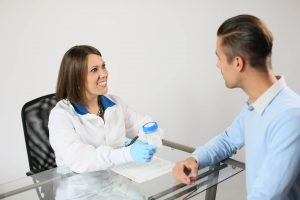

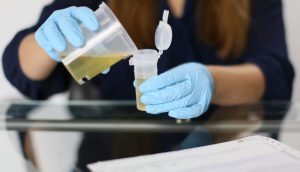
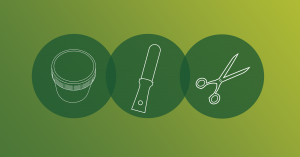
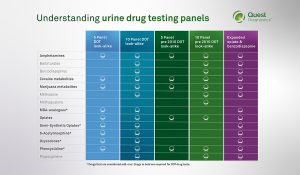
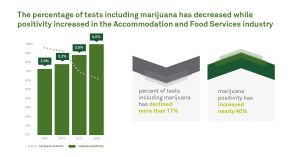


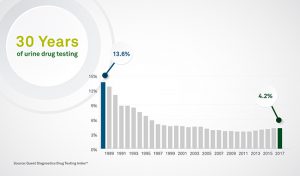
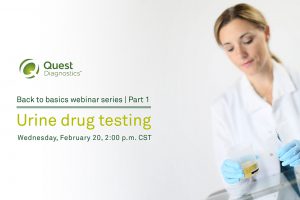
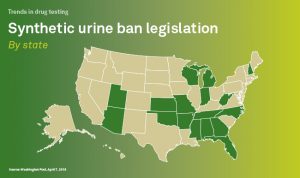
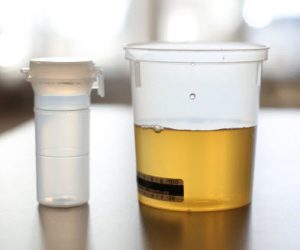
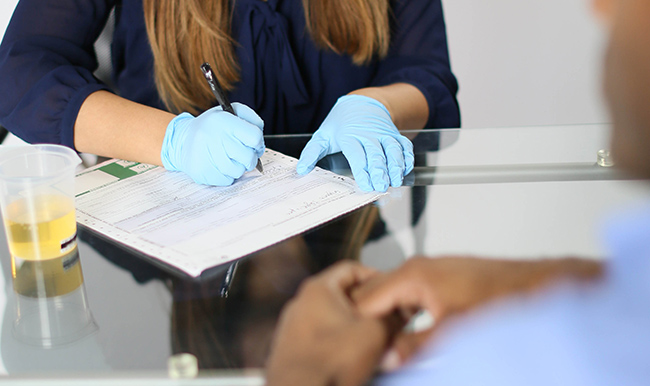
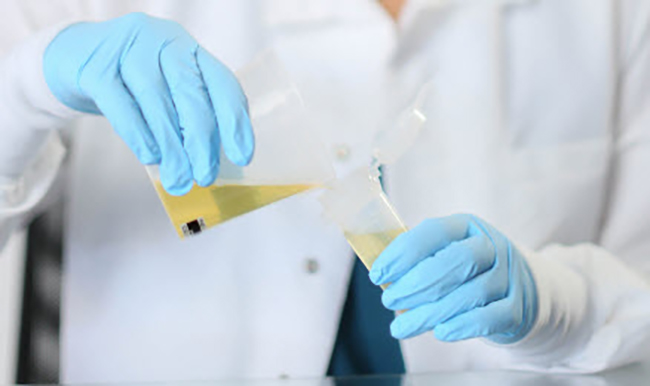
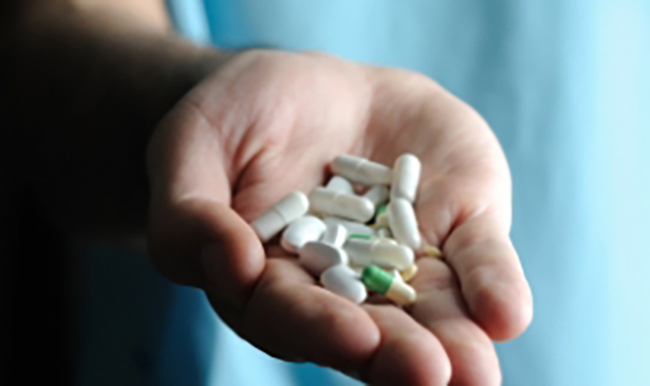




There will always be some drug-using employees and job applicants who will try to cheat their drug tests by attempting to find ways to generate a favorable test result. There is an endless supply of products for purchase as well as Internet forums and resources with pseudoscientific advice to help drug users pass drug tests.
Some donors drink large volumes of liquid prior to their drug test collection in an effort to dilute their specimens, while others add water, products or chemicals to their urine specimen in an effort to mask the drugs present in their body, destroy the drugs in the specimen, or interfere with the laboratory analysis. Some donors even attempt to substitute their specimen with another person’s urine, synthetic urine, or beverages.
The use of oxidizing adulterants is one of the most common ways donors try to cheat a urine drug test. According to the Substance Abuse and Mental Health Services Administration (SAMHSA), an oxidizing adulterant is a substance that acts alone or in combination with other substances to oxidize drugs or drug metabolites to prevent the detection of the drugs or drug metabolites, or affects the reagents in either the initial or confirmatory drug test. Examples of oxidizing agents include, but are not limited to, nitrites, pyridinium chlorochromate, chromium (VI), bleach, iodine, halogens, peroxidase, and peroxide.
A laboratory performs specimen validity testing (SVT) to determine if the specimen has abnormal chemical or physical characteristics. Specimen validity testing can also help to reassure an employer concerned with drug test cheating and increase the level of confidence in a workplace testing program.
Quest Diagnostics is one of the few laboratories to offer oxidant identification for some of the most common oxidizing adulterants and is available when requested by a client or Medical Review Officer. We monitor trends and adjust our testing as necessary when new adulterants become commonplace. Our chart which shows the different kinds of adulterants and products that might be used by a donor in an attempt to “cleanse” their specimen prior to a urine drug test.
For more information about drug testing, visit our website or contact us online.